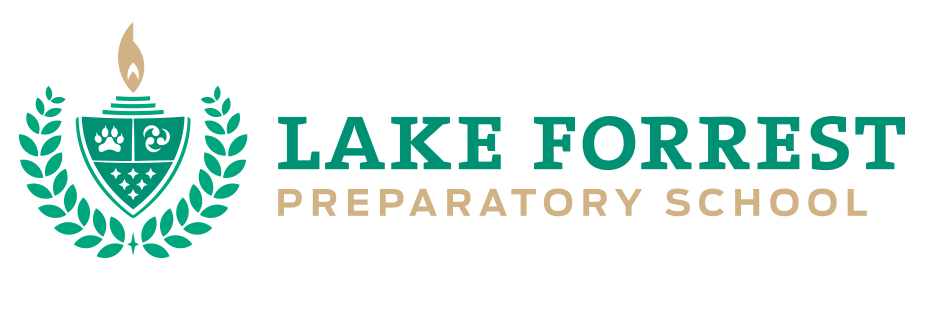Growing up, science was not my favorite subject. It was a class I attended at my Orlando school; a grade I earned. I did not want to understand chemistry or learn about ecology simply because my science background was abysmally weak. Like most kids, I learned science by reading a science textbook. As I matured, however, I discovered a much more relaxed form of science–curiosity. I started asking questions and relating the answers to my life. When my children were young, I made science an adventure! We would read a science book, then run outside and find an example in our backyard. The natural curiosity of young minds often leads to exciting, exploratory science lessons; and learning the mysteries behind rainbows and metamorphosis, for instance, will stimulate further learning.
To help your child learn more about science outside of their Orlando school, read grade-appropriate, science-based books; assemble puzzles relating to science concepts; combine baking powder and vinegar to see what happens; follow ants from a source of food to their anthill; or trace your shadow on paper during different times of the day. Use a simple question to begin a scientific journey; for instance, if your child wants to know how an elephant drinks water, hand him or her a straw and a glass of water. Once they determine how they drink, they can understand how the elephant drinks.
Giving children the confidence to answer their own questions is also a key component of remembering what was learned. When my son was a preschooler before he attended an Orlando school, he spent the afternoon with his grandmother. He asked her a question and she answered it. He looked at her with a shocked expression and told her, “Mommy never answers my questions. She just asks me another question and makes me figure it out.” Watching your child struggle through a scientific discovery is time consuming, but the results are astonishing and well worth the effort. At Lake Forrest Preparatory School, we encourage parents to become active in their children’s education outside the classroom. Turn over a few rocks in the park to turn on your child’s mind.

